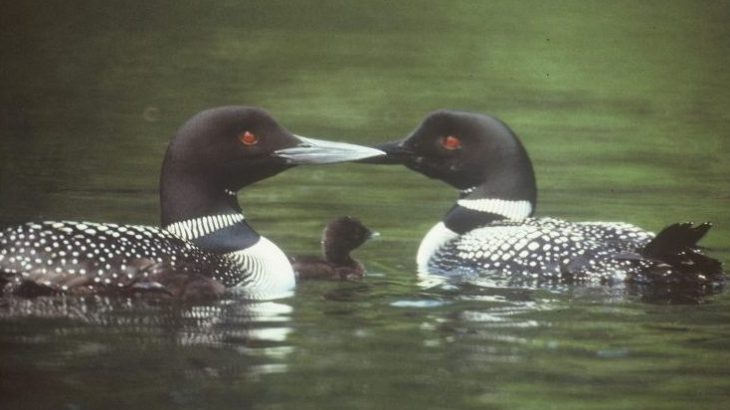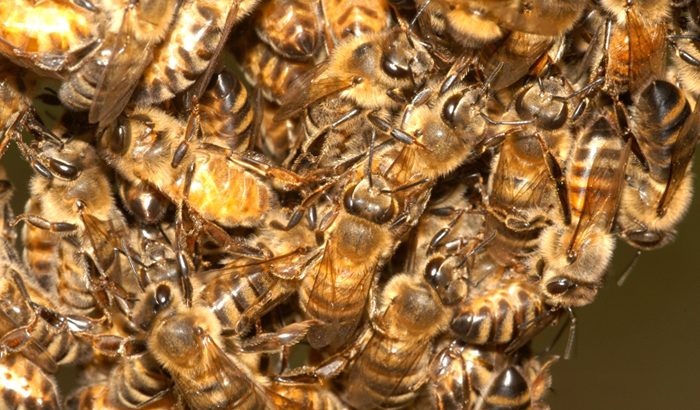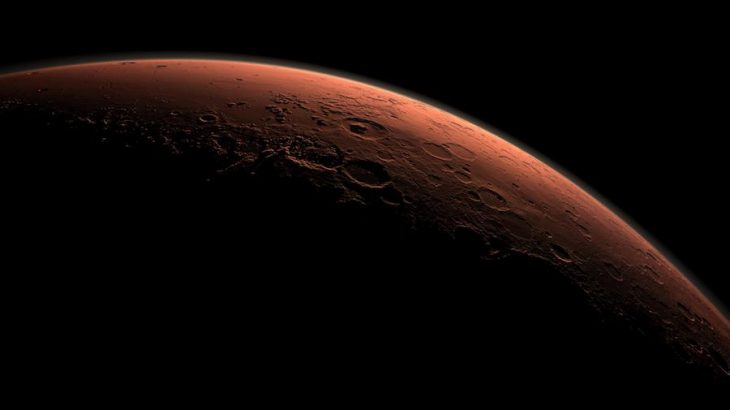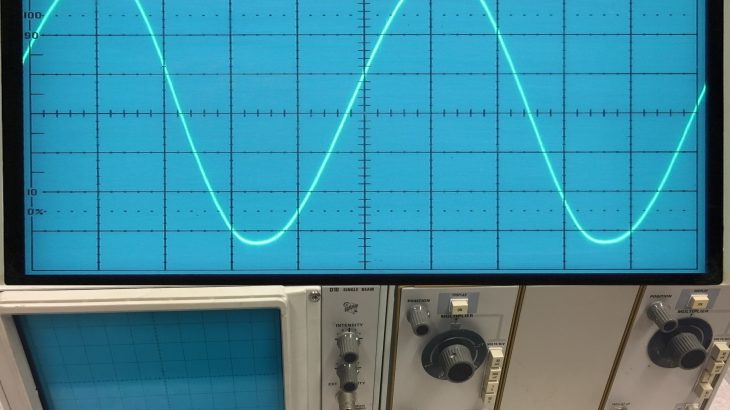
Robert Alvo, guest contributor, Nature Conservancy of Canada In the 1970s, North Americans were already concerned about the effects of human activity on the common loon, a large charismatic diving bird that breeds on lakes. My bachelor’s thesis at Queen’s University examined this concern on 10 lakes in Ontario in 1980. On busy lakes, boats […]







